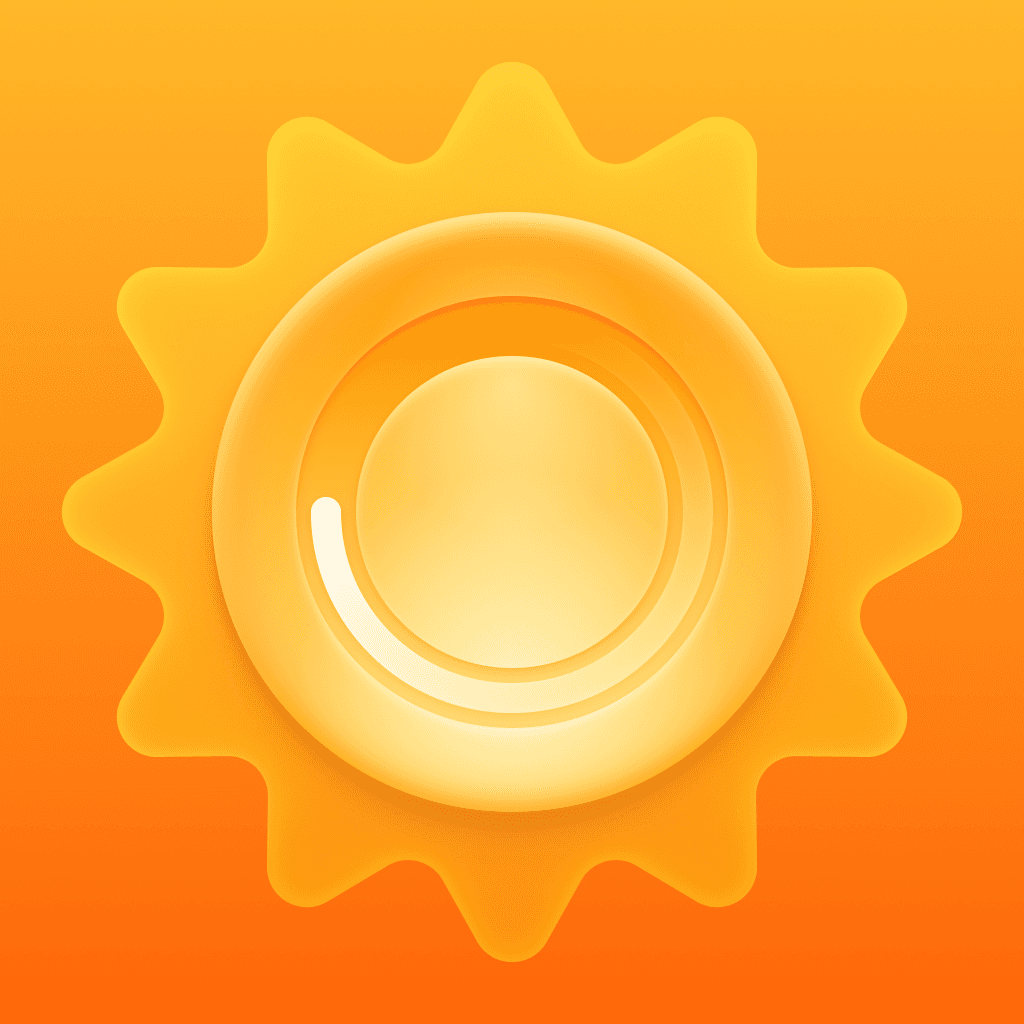
What is Morning Light?
Morning light refers to the natural sunlight you are exposed to within the first 1–2 hours after sunrise. This light contains a unique spectrum of wavelengths that helps align your body’s internal clock, also known as the circadian rhythm.
Why Morning Light is Important
Aligns Your Circadian Rhythm
Morning light exposure signals the brain to wake up and regulates the release of hormones like cortisol (a healthy wake-up hormone) and suppresses melatonin (the sleep hormone). This alignment enhances wakefulness during the day and improves sleep quality at night.
Boosts Energy and Mood
Exposure to sunlight triggers the release of serotonin, a neurotransmitter associated with feelings of happiness and focus. Higher serotonin levels during the day also help convert to melatonin in the evening for restful sleep.
Enhances Cognitive Function
Research suggests that consistent exposure to morning sunlight improves focus, productivity, and overall brain function throughout the day.
How to Get Morning Light
Spend 20–30 minutes outdoors in natural light within the first 1–2 hours of sunrise.
If you live in a location with limited sunlight, consider using a light therapy device that emits at least 10,000 lux.
Avoid sunglasses but don’t look directly at the sun to protect your eyes.
Even on cloudy days, outdoor light is significantly brighter than indoor lighting, so step outside.
Practical Benefits
Improved Energy: Starting your day with cortisol regulation avoids mid-day slumps.
Better Sleep: Consistent morning light exposure helps you fall asleep faster and wake up refreshed.
Enhanced Mood: Reduced risk of depression and improved emotional resilience through serotonin production.
Scientific Studies Supporting Morning Light
Light Exposure and Circadian Rhythm:
A study published in the journal Nature Reviews Neuroscience highlights how morning light exposure anchors the circadian rhythm, leading to better overall health and longevity.
Morning Sunlight and Mood Disorders:
Research from the National Library of Medicine found that people with morning light exposure experienced reduced symptoms of depression and better sleep quality.
How SunSeek Calculates Your Morning Light Recommendation
At SunSeek, we take a personalized approach to help you optimize your daily morning light exposure. Our algorithm factors in science-backed insights and individual characteristics to provide tailored recommendations. Here’s how we calculate your ideal morning light duration:
Base Time
We start with a base recommendation of 15 minutes for morning light exposure.
The minimum time is set at 5 minutes, ensuring even short exposure has benefits.
Adjustments to the Base Time
Our algorithm applies five key adjustments based on your unique environment and personal attributes:
Cloud Cover Adjustment
If cloud cover exceeds 35%, we increase the time by 15 minutes to account for reduced light intensity.
2. Seasonal Adjustment
Depending on your hemisphere, we adjust based on seasonal light availability. For instance, if you’re in winter months in the northern hemisphere, we reduce the base time by 1 minute to accommodate lower UV intensity.
Age Adjustment
Under 18: Subtract 2 minutes from the base time (youths may be more sensitive to light).
Ages 18–60: No adjustment.
Above 60: Add 5 minutes, as aging eyes may require more light to stimulate the circadian rhythm.
Chronotype Adjustment
Early chronotype (morning person): Subtract 5 minutes, as their body is naturally more responsive to early light.
Late chronotype (night owl): Add 10 minutes, helping shift their rhythm earlier.
Skin Type Adjustment (Fitzpatrick Scale)
Type 1 & 2 (lighter skin): Subtract 5 minutes, as they absorb light more efficiently.
Type 3 & 4 (medium skin): No adjustment.
Type 5 & 6 (darker skin): Add 5 minutes to account for lower light absorption.
Always Evolving
Our algorithm is built on the latest scientific findings from experts in light exposure and circadian health. We are committed to improving the algorithm as new research emerges, ensuring you get the most accurate and beneficial recommendations tailored to your needs.
